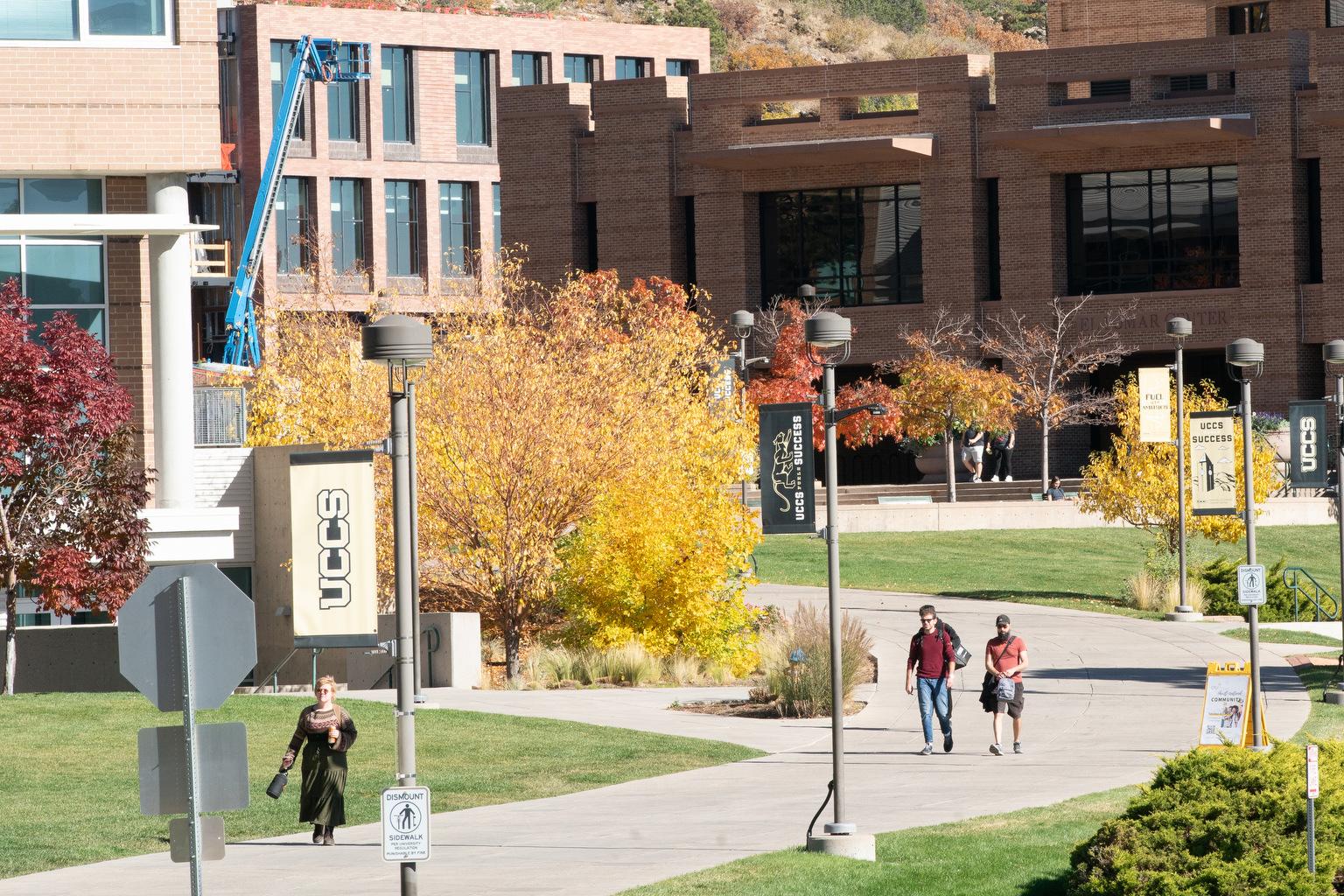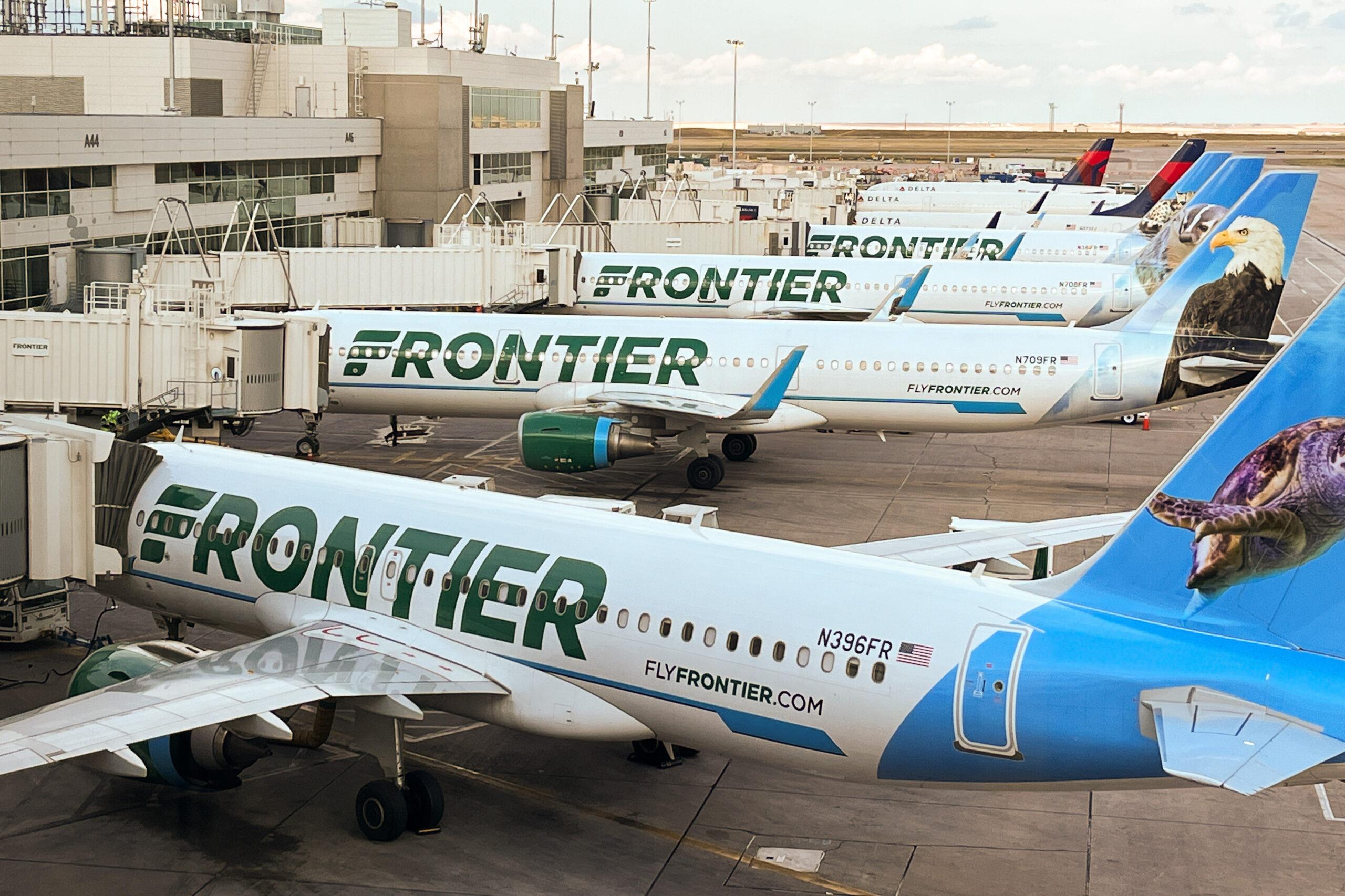
The Trump administration’s crack-down on international students has led to a decrease of students on University of Colorado campuses but not as much as forecast at some schools.
The Trump administration has enacted a more restrictive approach to the process of studying in the U.S. including more stringent vetting and oversight. The most common types of student visas for international students are F-1 visas for full-time international students in the U.S. and J-1 visas are for exchange students or visitors.
The drop follows what had been a steady increase in international students to Colorado since 2021. In 2023, the number studying in Colorado was up 4.5 percent, with nearly 10,300 students contributing about $404 million to the state’s economy, according to the state department’s Open Doors report. CU Boulder led the pack with more than 3,500 international students, followed by Colorado State University, the University of Colorado Denver, and the University of Denver.
This fall, CU Boulder’s undergraduate international numbers are down 14 percent and graduate students down 8 percent this fall, according to numbers released at Thursday’s Board of Regents meeting. In June, the college had predicted a drop of 24 percent and 15 percent respectively.
Still, that’s 136 fewer international students at that campus — disappointing news because universities rely heavily on the higher tuition international students pay.
CU Denver, which attracts the second highest number of international students, dropped 22 percent, or 92 students. The University of Colorado’s Colorado Spring’s campus saw a 20 percent drop, or 22 students. CU Anschutz however, was a bright spot. Its international student numbers rose 28 percent, or 32 students.
“There are many factors that impact international student enrollment,” said Michele Ames, vice-president for communication at the University of Colorado. “Across all of our campuses we are staying focused on supporting our international students who are enrolled as well as connecting with those who want to enroll in the future.”
A timeline of changes and delays for international students
Students visas revoked in spring
This past spring, the government revoked dozens of visas of international students including the University of Colorado and Colorado State University. While no official reason was given, these actions appeared to be aimed at students involved in campus protests, particularly those who espoused pro-Palestinian views. Some students had their visas reinstated, and a few were protected by court orders.
New rules for visa applications
Between May 27 and June 18, student visa interviews were paused during peak visa issuance season. Other restrictive changes include:
- Since June, anyone applying for a visa must now show their social media accounts from the last five years and make them all public, including accounts that are no longer active. This is causing delays and visa denials, according to a CU Boulder website.
- There have been reports of very limited or no appointments for students at U.S. consulates in India, China, Nigeria and Japan. India and China are the largest student groups in Colorado, followed by Kuwait, Saudi Arabia and Canada.
- The government has also stated it will aggressively cancel visas for Chinese students, especially those with ties to the Chinese Communist Party or who are studying what the government calls "critical fields." They did not say what those fields are.
In July, a new rule was announced requiring more interviews for both new visa applicants and those renewing their visas, which will likely cause more significant delays. Additionally, students from 12 countries, including Iran and Haiti, are now blocked from entering the U.S. if they didn't have a valid visa before June 9.
In September, the administration proposed changing rules for how long students can legally remain in the U.S. Right now, students can stay as long as they are enrolled in school. The new plan would give them a fixed time limit. The government says this is to better monitor students and prevent them from overstaying their visas, but others worry it will discourage international students from coming to the U.S.
Overall record-breaking enrollment at University of Colorado
Despite the lower international student numbers, overall, the University of Colorado saw record enrollment with nearly 68,000 students enrolled across its four campuses this fall.
The increase was driven primarily by a surge in Colorado resident students at every campus. CU led the growth in resident students, while all other campuses also saw a rise in in-state enrollment. CU Denver saw a big increase in new first-year undergraduates – up 5.6 percent.
Graduate student enrollment was down at CU Boulder and CU Denver but rose at UCCS.
CU Anschutz saw a nearly 2 percent increase in overall enrollment, boosted by strong numbers in its nursing, physical therapy, and pharmacy programs, as well as its significant jump in international students.
All four chancellors at the meeting pointed to a vigorous focus on student recruitment, the student experience and student success.
“I think that during the global pandemic it was really hard for all of us to do that because we were just trying to manage through a really difficult situation,” said UCCS Chancellor Jennifer Sobanet. “We've all been able to change our focus and get back to what we do well.”
She noted that the number of students who stay and don’t drop out is higher than its been in a decade.
Other colleges in Colorado
At the Colorado School of Mines, undergraduate international enrollment dropped to 170, down 17 students, and graduate international students landed at 386, down 30 students.
Colorado State University reported in August that its international student numbers were trending lower than this time last year, but official numbers won’t be released until October.
The University of Denver is seeing about a 25 percent decline in international students from last year to this year. The countries with the largest delays in visas are Nigeria, Malawi, India, and Ghana.









